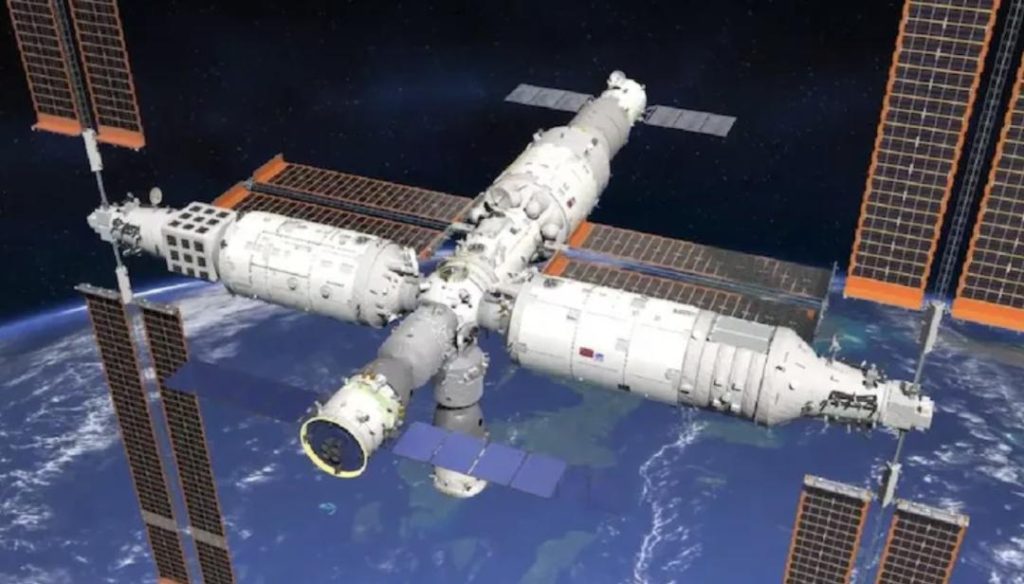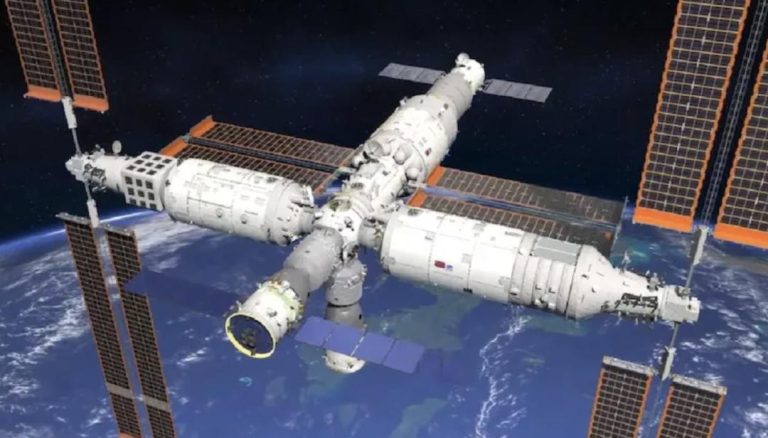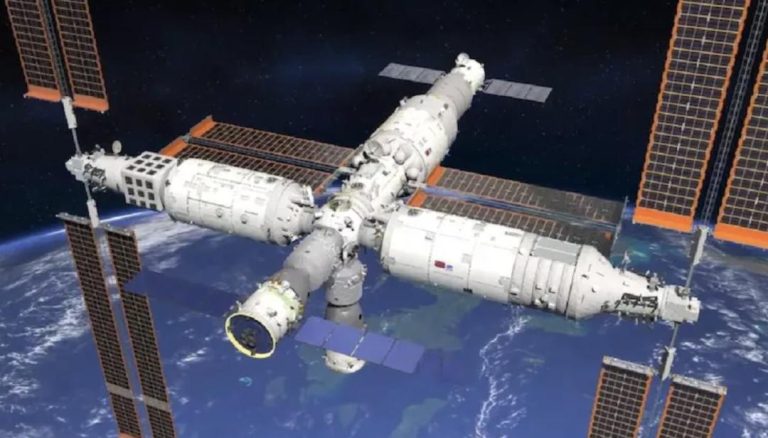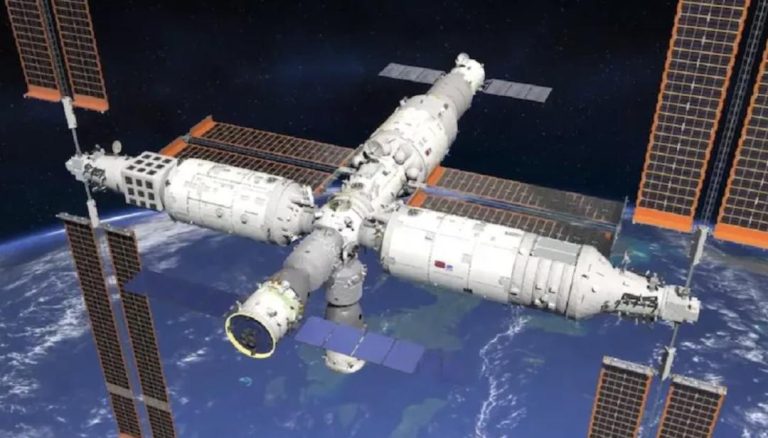
China to Train and Launch Pakistani Astronauts for the First Time
In a groundbreaking move, the China Manned Space Agency has announced that it will be training and launching two Pakistani astronauts to participate in a joint mission to China’s Tiangong space station. This historic partnership marks a significant milestone in the space exploration industry, as Pakistan becomes the first foreign country to have its astronauts trained and launched by China.
Under a bilateral deal between the two countries, the Pakistani astronauts will undergo rigorous spaceflight training in China to prepare them for their mission to the Tiangong space station. The training program will focus on equipping the astronauts with the necessary skills and knowledge to operate safely and effectively in space.
China has been rapidly expanding its space program in recent years, with a focus on developing its capabilities in space exploration, satellite technology, and space station operations. The Tiangong space station, which was launched in 2020, is a key component of China’s space program, and its partnership with Pakistan marks a significant step forward in the country’s efforts to establish itself as a major player in the global space industry.
Pakistan, which has been actively pursuing its own space program, has been seeking to cooperate with China on space-related projects for several years. The country’s space agency, the Pakistan Space and Upper Atmosphere Research Commission (SUPARCO), has been working closely with China’s space agency to develop its capabilities in space technology and exploration.
The training program for the Pakistani astronauts is expected to last several months, during which time they will undergo rigorous training in areas such as spacewalk operations, robotics, and emergency procedures. The astronauts will also receive training on the systems and operations of the Tiangong space station, as well as on the scientific experiments that will be conducted during the mission.
The joint mission to the Tiangong space station is expected to be a significant milestone in the space exploration industry, as it marks the first time that Pakistani astronauts will have the opportunity to participate in a space mission. The mission will also provide a platform for scientific research and experimentation, as well as for the exchange of knowledge and expertise between the two countries.
The partnership between China and Pakistan is a significant development in the global space industry, as it marks a major milestone in the development of space cooperation between two countries. The partnership is also expected to have significant benefits for both countries, including the development of space technology and the promotion of scientific research and exploration.
In addition to the training program, the partnership between China and Pakistan also includes plans for the development of space technology and the promotion of scientific research and exploration. The two countries have signed a number of agreements and memorandums of understanding (MOUs) to promote cooperation in space-related fields, including satellite technology, space exploration, and space station operations.
The partnership is also expected to have significant economic benefits for both countries, as it will create new opportunities for cooperation and collaboration in the space industry. The development of space technology and the promotion of scientific research and exploration will also provide new opportunities for economic growth and development, as well as for the creation of new jobs and industries.
In conclusion, the partnership between China and Pakistan to train and launch Pakistani astronauts for a joint mission to the Tiangong space station is a significant development in the global space industry. The partnership marks a major milestone in the development of space cooperation between two countries, and it is expected to have significant benefits for both countries, including the development of space technology and the promotion of scientific research and exploration.






